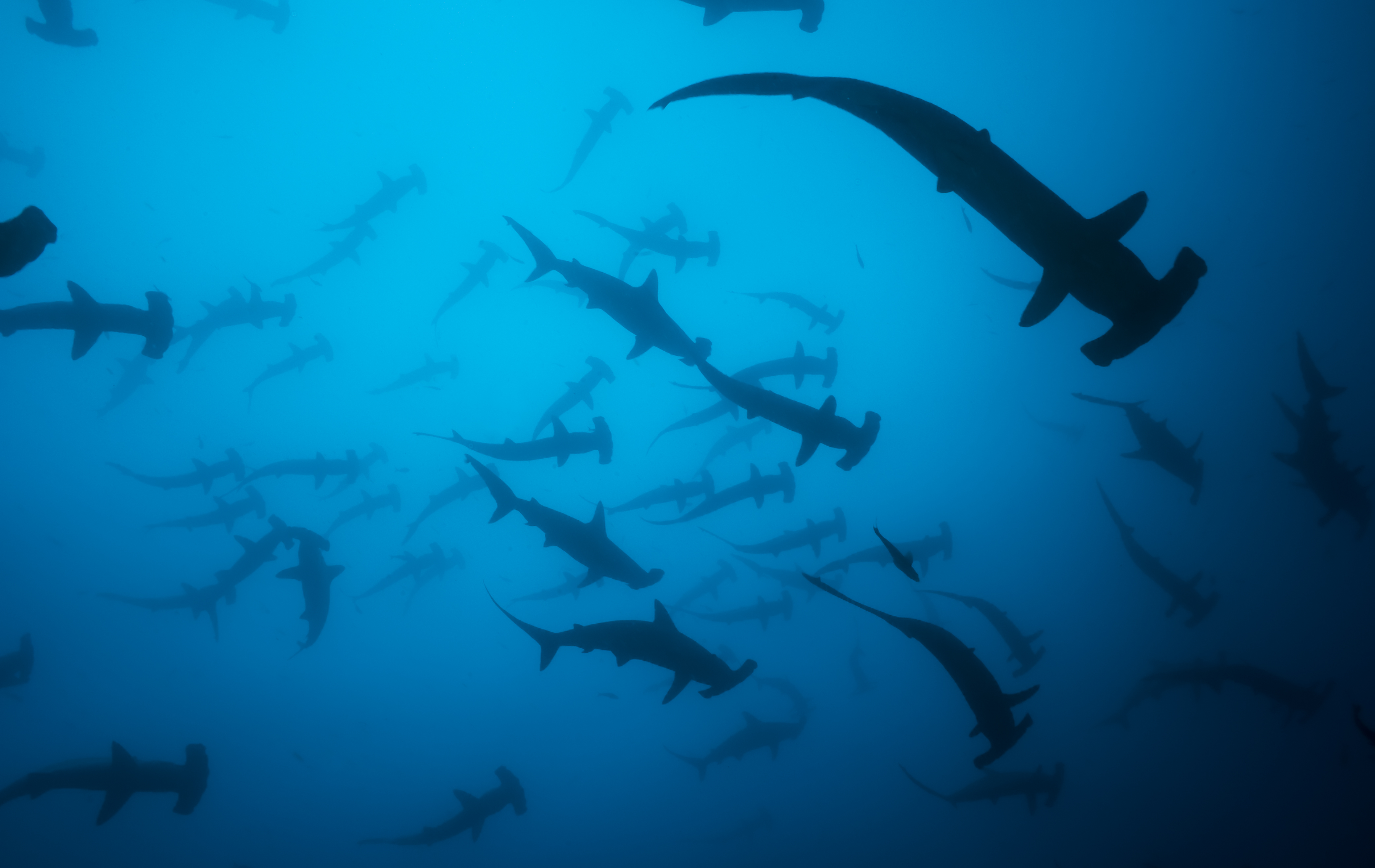
1. Costa Rica announces ban on fishing of hammerhead sharks
Fishing for hammerhead sharks is now illegal in Costa Rica, thanks to the signing of a new executive decree this month by President Rodrigo Chaves Robles.
The decree prohibits the capture, transportation, storage, or sale of hammerhead sharks or their byproducts, such as fins and teeth. Banned species include the smooth hammerhead (Sphyrna zygaena), scalloped hammerhead (Sphyrna lewini) and great hammerhead (Sphyrna mokarran).
Despite being critically endangered — and protected under CITES Appendix II — hammerhead sharks have been bought and sold in Costa Rica for years. Hammerhead sharks were listed under CITES by initiative of Costa Rica in 2013 and it was their obligation to ban hammerhead shark fishing commercialization, extraction, and everything.
Thank you for your generous gift that will help us continue the production of this weekly, free publication

2. First climate sustainability working group meet concludes in Bengaluru
The first G20 Environment and Climate Sustainability Working Group (ECSWG) meeting concluded in Bengaluru on Saturday on a positive note with all G20 countries showing interest and commitment to constructively work towards the objective of the three priority areas of Arresting Land Degradation, Accelerating Ecosystem Restoration and Enriching Biodiversity; Promoting a Sustainable and Climate Resilient Blue Economy and Encouraging Resource Efficiency and Circular Economy.
The first meeting of the ECSWG marks the beginning of constructive discussions within G20 countries for a sustainable future, led by India’s G20 presidency.
The three-day meeting of the ECSWG from February 9 to February 11, 2023, was led by the Ministry of Environment, Forests and Climate Change (MoEFCC), Government of India.
The discussions during this meeting will be taken forward at the 2nd ECSWG meeting, scheduled for March 27-29, 2023, at Gandhinagar.
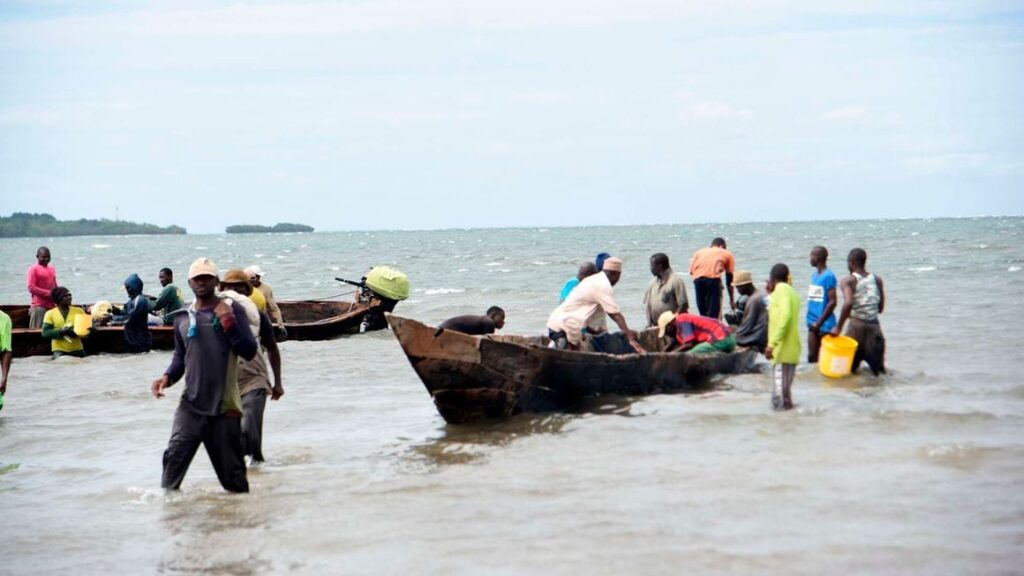
3. Kenya falls back on destructive fishing gear ban
Kenya is seeking a delay on the ban of destructive fishing gear in the oceans, (drifting fish aggregating devices (DFADs)) departing from an earlier position where it supported an immediate restriction on industrial-scale equipment that pollutes marine environments and is blamed for depleting tuna fish stocks through overfishing of juveniles. While Nairobi says it supports a ban on non-biodegradable gear, it wants discussions on a replacement. The ban was set to be effective December.
Kenya’s move was a blow to the 30-member Indian Ocean Tuna Commission (IOTC), which has pushed for the ban to protect local fishing communities.
Countries using the DFADs have been pushing for the extension of the use of synthetic materials in the Indian Ocean.
To reduce marine garbage, IOTC has proposed the use of fully biodegradable DFADs and reduction of the number from the current limit of 300 down to 150.
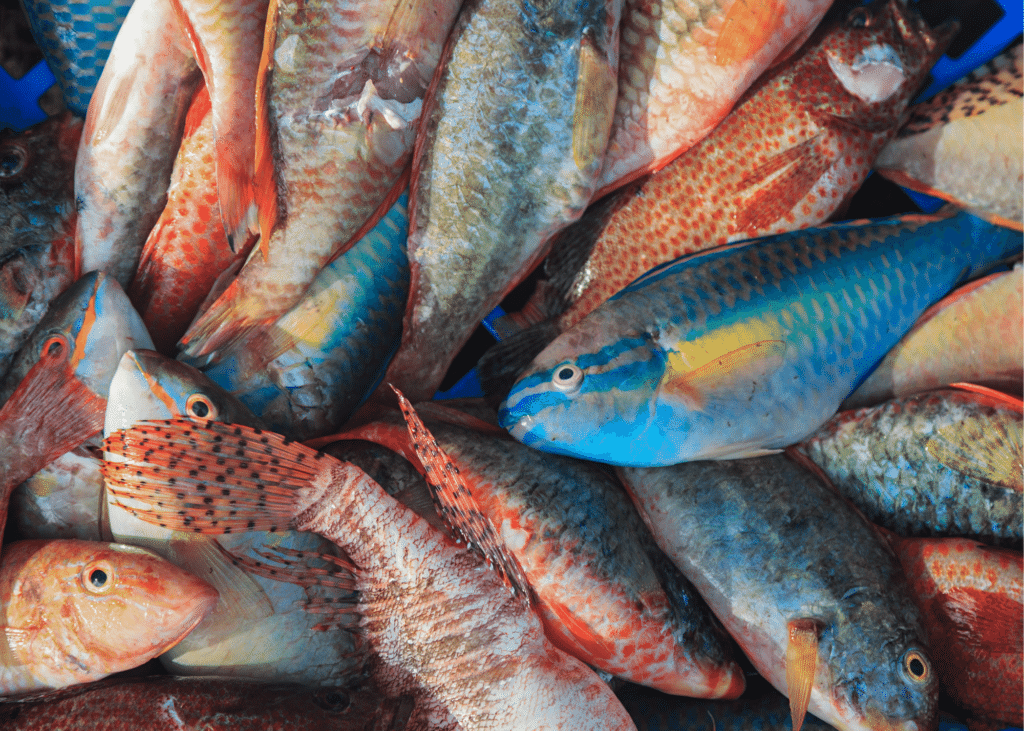
4. Government makes simultaneous seizures of parrotfish in different provinces of the country
The Ministry of Environment and Natural Resources intervened in five coastal provinces of the country, seizing large quantities of parrotfish, one of the species banned by decree 418-21.
One of the main reasons why the entity seeks to comply with decree 418-21 is that coral reefs are among the most biodiverse tropical ecosystems in the world, built and maintained by living organisms very susceptible to overfishing, including herbivorous fish, such as parrots and doctors, which are critical to the preservation of this marine community.
The parrotfish, which includes 95 species with common characteristics, is one of the primary organisms that provide white sand to the beaches of the Dominican Republic, which is why it has a high ecological value. It has a particular dentition, which serves to gnaw the coral reefs, thus doing a cleaning job against the algae contained in this marine community.

5. Baffinland critical of report that says shipping to blame for narwhal displacement
A new report predicts there will be almost no narwhal left in an area off the northeastern coast of Baffin Island this summer and says shipping traffic from the nearby Mary River iron-ore mine is to blame.
Working groups from the North Atlantic Marine Mammal Commission and Canada/Greenland Joint Commission on Beluga and Narwhal met in Denmark in December and published their report this week, which the mine’s operator says leaves out key information.
Hunters in Pond Inlet, known as Mittimatalik in Inuktitut, have reported seeing fewer narwhal in areas where they were once abundant and the tusked whales’ behavior, is changing, harming their ability to harvest the animals they rely on for food, livelihoods and culture.
Aerial surveys conducted for Baffinland Iron Mines Corp., which owns the Mary River mine, have shown a decline in the number of narwhals in Eclipse Sound.
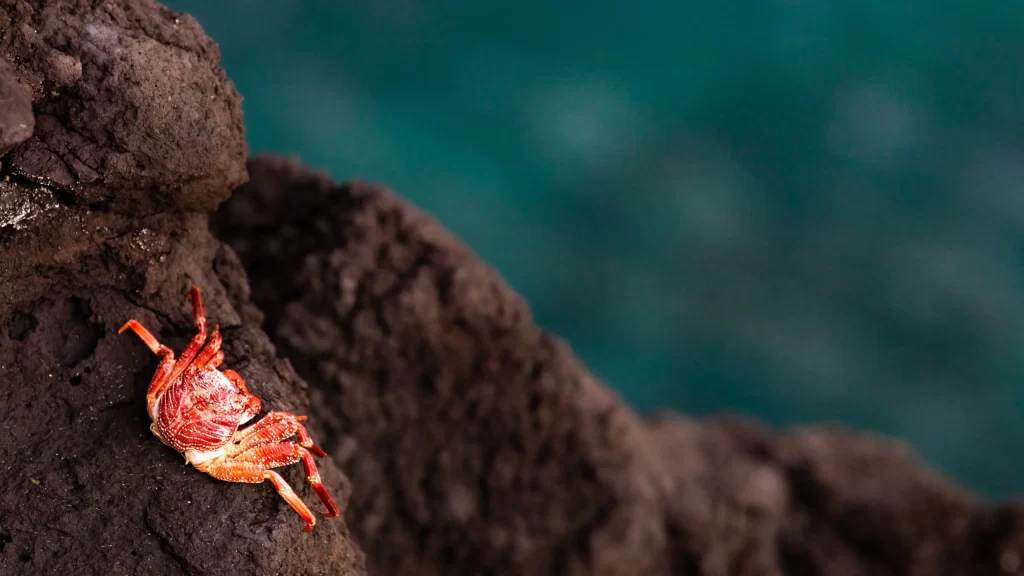
6. Millions of Dead Crabs Found in the Deep Sea
Back in 2015, scientists surveying a protected area of the seafloor in the Pacific Ocean’s Clarion-Clipperton Zone (CCZ) came upon a grave of millions of red crabs. The sight was unusual not only because of the sheer number of crabs but also because it was discovered 1,500 kilometers offshore and 4,000 meters deep which is so far away from crab spawning areas that it would have taken at least a year for the current to push them to the point of sinking.
Scientists are also unsure how the crabs survived when so many crabs drifting so far offshore would have attracted hordes of predators and scavengers. More research is needed to understand why and how this happened, but according to Erik Simon-Lledó, the lead author of a paper documenting the discovery, this simply shows that there is more environmental variability in abyssal areas than we would think.
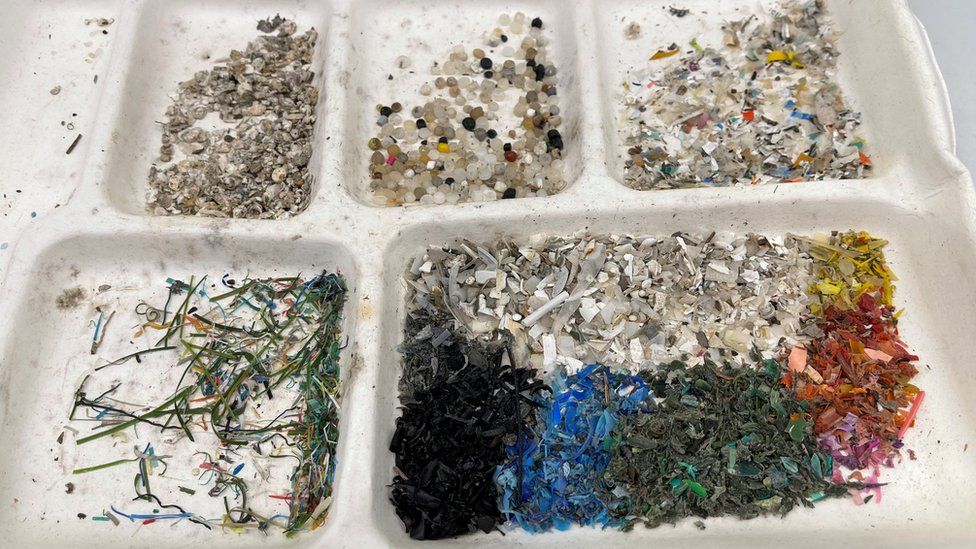
7. Microplastics the focus of Cornish beach clean-ups
Hundreds of people are expected to take part in a series of events to help collect microplastics from beaches across Cornwall. Cleans will run until 19 February for Cornwall Wildlife Trust’s (CWT) “Love Your Beach” week.
Data gathered would help identify the areas of coastline most at risk from microplastics. Katie Bellman, from the trust, said: “Collecting microplastics not only gives us data on this kind of pollution, but it also shows just how much communities in Cornwall care about this ongoing plastic problem and how they want to see more action taken to address it.”
The Cornish Plastic Pollution Coalition, which will use the data from the clean-up, said microplastics were harmful to wildlife. “We need solutions to prevent microplastics entering our environment in the first place so that we can make our beaches in Cornwall and around the world safe for all creatures,”

8. Indonesia, Seychelles intensify collaboration to support blue economy
The Ministry of Maritime Affairs and Fisheries (KKP) is collaborating with Seychelles, a country in the Indian Ocean region, to broaden the scope of knowledge regarding blue carbon to support a blue economy.
“It aims to strengthen the blue economy and provide additional knowledge on Blue Carbon, Blue Bond, and Marine Protected Areas,” Head of the Maritime and Fisheries Research and Human Resources Agency (BRSDM) I Nyoman Radiarta said in a written statement here on Saturday. “The collaboration is also to emphasize the importance of sustainable management of marine and fishery resources,” he further stated.
Blue carbon is a reserve of emissions absorbed, stored, and released by coastal and marine ecosystems. In Indonesia, Blue Carbon is spread in coastal ecosystems, such as mangrove forests, seagrass beds, and peatlands in coastal areas.
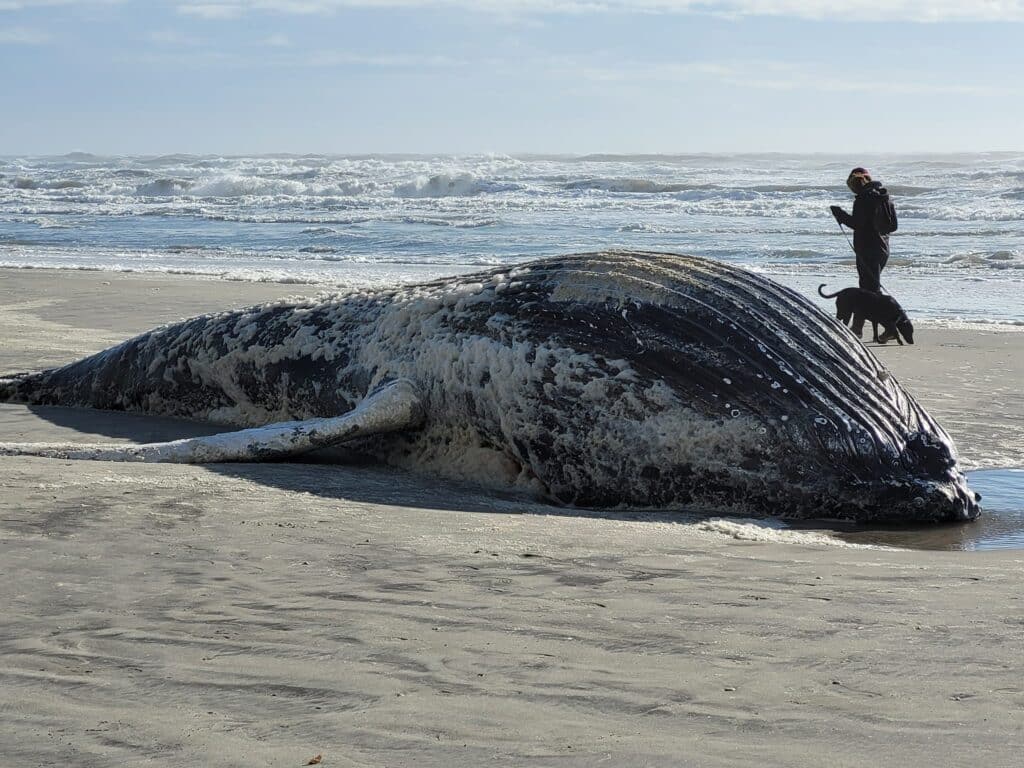
9. Whale deaths exploited in ‘cynical disinformation’ campaign against offshore wind power, advocates say
Efforts to stop wind turbines off the Atlantic coast have a new mascot: the whale.
A dozen New Jersey beach town mayors and several other groups now argue that off-shore wind could be the cause of recent whale deaths and wind projects must be stopped while scientists investigate.
Scientists who study whale standings say there’s no known link between wind turbines and whale deaths, although they continue to probe what role, if any, wind development has in whale deaths.
So far, evidence for a link is little more than speculation. Experts point to the United Kingdom, which has 2,652 offshore wind turbines and where experts say autopsies have not found a connection between dead whales on their shores and the turbines off them.
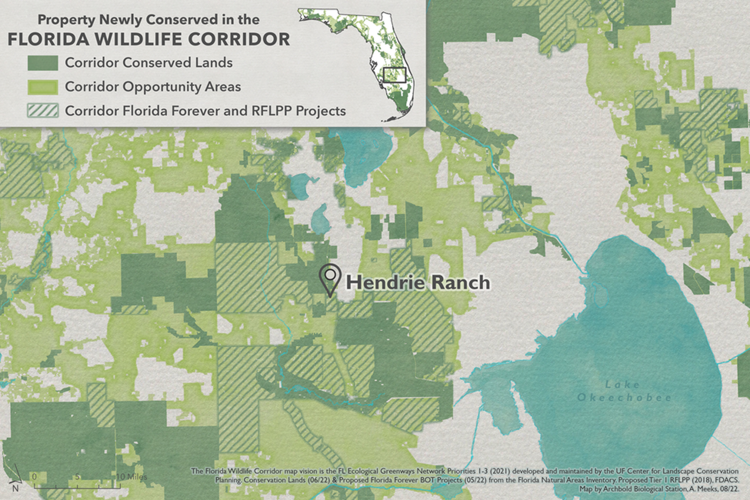
10. FWC and partners expand vital conservation corridor with Hendrie Ranch conservation easement
The Florida Fish and Wildlife Conservation Commission (FWC) and the Florida Department of Agriculture and Consumer Services, in partnership with The Nature Conservancy and the U.S. Fish and Wildlife Service, have acquired a perpetual conservation easement on 661 acres of the Hendrie Ranch in Highlands County.
Together, these programs have secured hundreds of thousands of acres for the conservation of the state’s natural resources and the protection of valuable agricultural lands.
“The protection of essential landscapes, like those of Hendrie Ranch, has been a priority for The Nature Conservancy for decades because they are integral in providing wildlife, such as the Florida panther and Florida black bear, additional secure corridors in which to move safely,” said Greg Knecht, Interim Executive Director, The Nature Conservancy in Florida.

11. Rum labels, plastic in marine animal offer pollution proof in Goa, India
Balls of fishing nets,, plastic wrappers, and plastic rings of bottles are among the pieces of gruesome proof of pollution in marine ecosystems, yielded by postmortem examinations of dolphins, sea turtles and other marine species. These marine animals had recently washed up on Goa’s shores, a province in India.
Veterinarians who conducted the postmortem of a sea turtle that washed ashore on Siridao beach a few months ago found in the animal a biscuit packet, the label of a rum bottle, and a piece of a fishing net.
“Usually we find small fragments of plastic but in this case, there was a substantial amount of plastic for us to identify the labels,” said Dr. Shantanu Kalambi from ReefWatch Marine Conservation, which provides veterinary expertise to the forest department in marine strandings.
.
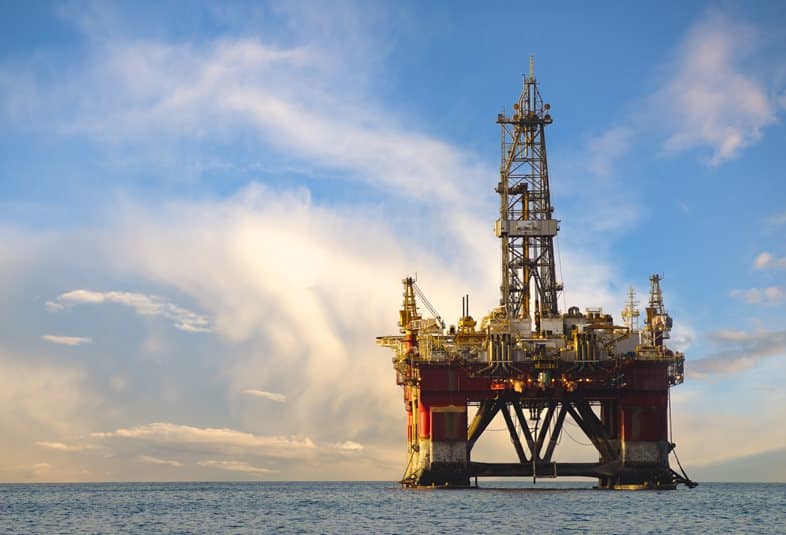
12. Equinor is getting closer to launching Canada’s first deepwater oil project
After discovering hundreds of millions of barrels of oil underground and securing a new license to drill the site, Norwegian energy giant Equinor is one step closer to developing Canada’s first deepwater oil project off the East Coast.
Exploring oil comes with significant harm to marine life. The largest oil spill in U.S. history came from BP’s Deepwater Horizon project, which was an exploration well. According to the Center for Biological Diversity, the 2010 spill, which killed 11 people, “likely harmed or killed about 82,000 birds of 102 species; about 6,165 sea turtles; as many as 25,900 marine mammals; and a vast (but unknown) number of fish — from the great bluefin tuna to our nation’s smallest seahorse — plus oysters, crabs, corals, and other creatures.”

13. Canada unveils marine protection standards amid push to conserve 25% of oceans
Canada finalized conservation standards for marine protected areas that cover more than 14% of its oceans, by banning industrial activities including waste disposal, trawling the sea floor for fishing and natural resource extraction.
The regulations are part of Canada’s goal to conserve 25% of its oceans by 2025, and come a day after the federal government and First Nations announced progress on establishing what will be the country’s largest Marine Protected Area (MPA) located 150 km (90 miles) off the west coast of British Columbia.
The area covers 133,019 square km (51,360 square miles), half the size of New Zealand, and is home to 46 towering underwater mountains and all of Canada’s known hydrothermal vents, rare deep-sea hot spots that support unique marine species.
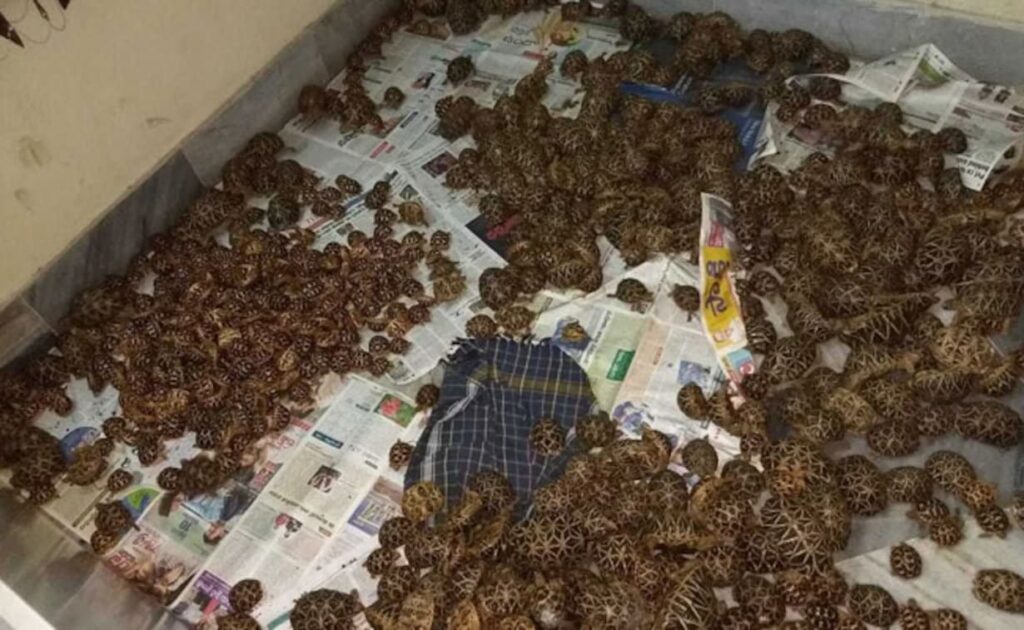
14. Over 200 endangered tortoises labelled as ‘seafood’ seized
Customs officers seized 206 live star tortoises listed as an endangered species while being smuggled to Malaysia in boxes labeled as ‘dried seafood’.
The Biodiversity, Cultural and National Heritage Protection Division of Sri Lanka customs seized the live tortoises at the Colombo international airport. According to Customs officials, it was the largest seizure, since mid-2015, when a bid to smuggle 124 tortoises was foiled.
“It is one of the most beautiful tortoise species found in the world and due to the same reason they have been highly sought after in the illegal pet trade, especially in the South East Asian countries,”
“The species has become threatened with extinction and included in the International Union for the Conservation of Nature (IUCN) Red List of species and also in Appendix I of the Convention of International Trade in Endangered Species of Wild Fauna and Flora (CITES)”.
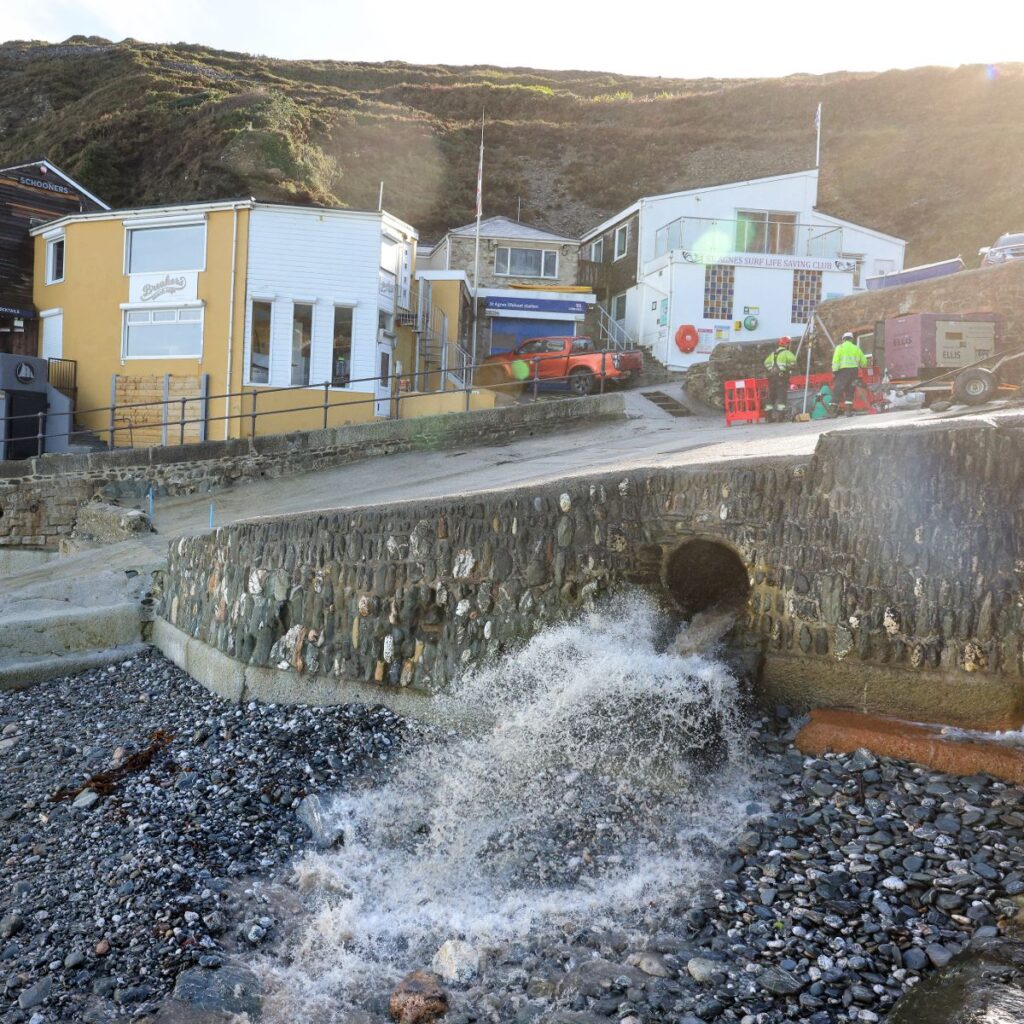
15. The Government in Cornwall, England goes to court – raw sewage pollution
The UK Government is being taken to court for allowing water companies to pump raw sewage into rivers and oceans. The High Court has given permission for a hearing against the Government’s Storm Overflows Discharges Reduction Plan, which allows utility companies like South West Water to continue dumping sewage into rivers and coastal waters for another three decades. Jo Maugham, Director of Good Law Project, said: “This could be the most consequential environmental law case in recent history.”

16. Year-long Antarctica climate study team publishes two simultaneous papers in “Nature”
The British Antarctic Survey and the US Antarctic program put sensors and an underwater robot beneath the vast Thwaites glacier to study melting. The report was published by BBC this week. Its susceptibility to climate change is a major concern to scientists because if it melted completely, it would raise global sea levels by half a meter.
The new research suggests that even low amounts of melting can potentially push a glacier further along the path toward eventual disappearance. During the new research, British Antarctic Survey (BAS) scientists dropped sensors through boreholes in the ice to the water below.
Two “Nature” articles were published by this scientific team on February 15. See below for links.

17. Call for urgent overhaul of Australia’s monitoring of ‘astronomical’ plastic pollution problem
The Australian Academy of Science has called for an overhaul of the nation’s approach to studying plastic pollution, warning there is an over-reliance on volunteers and a lack of consistent data to document the “astronomical” problem.
There have been major surveys of plastic pollution on beaches, including the UNSW-led Australian Marine Debris Initiative and the CSIRO’s international research partnership. But the academy is calling for more regular surveys that have a consistent approach and are collated in a national plastic pollution database.
“To stop pollution effectively you need to know its source, and knowing what leaks into the environment and its origins are critical for that,” said Prof Chennupati Jagadish, the president of the Australian Academy of Science.“
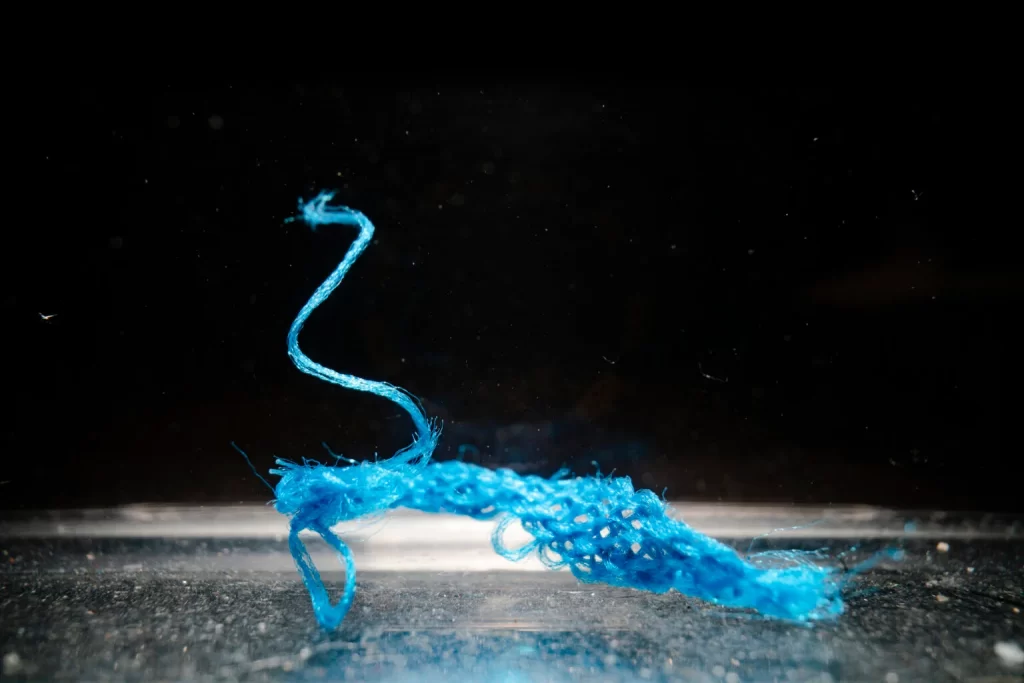
18. Plastics and forever chemicals the subject of lecture series at University of Rhode Island
University of Rhode Island Professors J.P. Walsh and Rainer Lohmann discussed the wide-ranging impacts of ocean plastics and PFAS, or “forever chemicals,” in a recent talk at the URI Narragansett Bay Campus. The two oceanography professors were the first presenters at the new GSO Public Lecture Series, “Confronting Ocean Pollution.”
Plastics began as a wonder product that promised a revolution in modern conveniences, but the professors suggest that t we need to think about its ramifications. Lohmann said, “PFAS–free products might not be quite as powerful, but honestly, I think for the majority of us, we will not notice the difference. This is one of these cases where with a combination of smart legislation and consumer pressure, we can remove all of these products and we will not notice a difference in convenience.”




